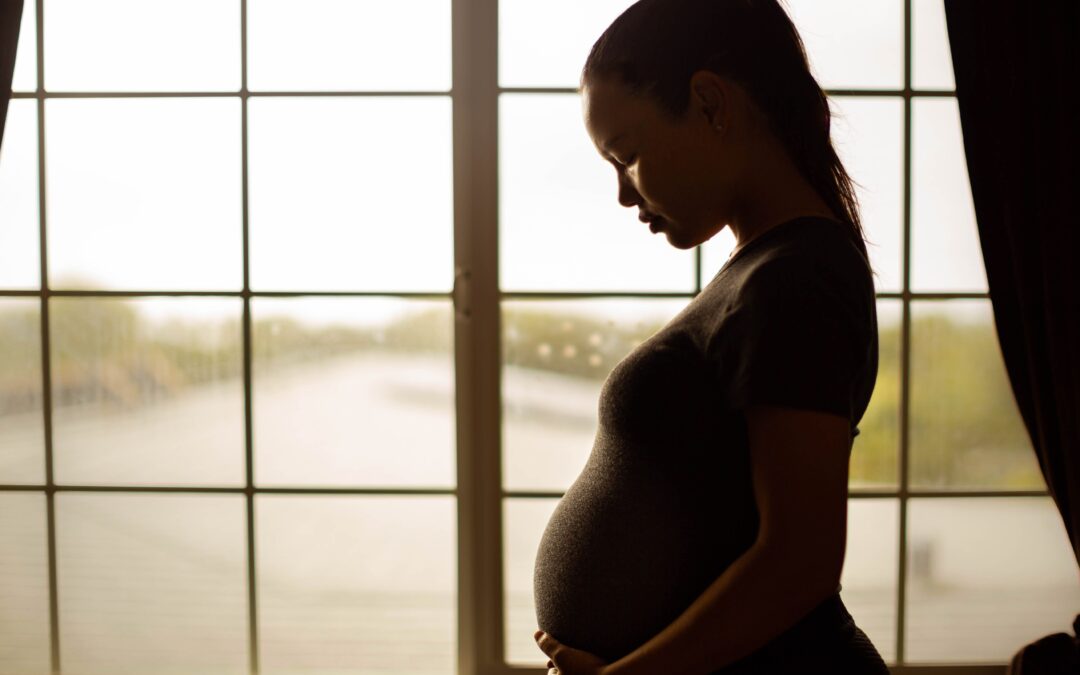Pregnancy is a time of hope and anticipation, but for pregnant mothers struggling with opioid addiction, it can be fraught with fear and uncertainty. The opioid epidemic has had devastating effects on individuals and families across the globe, and pregnant women and their newborns are among the most vulnerable populations affected. In this blog post, we’ll explore the impact of opioid addiction on pregnant mothers and newborns, shedding light on the challenges they face and the resources available to support them.
Understanding Opioid Addiction in Pregnancy: Opioid addiction among pregnant women has become a significant public health concern, with rates of opioid use disorder during pregnancy steadily rising in recent years. Opioids, including prescription painkillers and illicit drugs like heroin, can have profound effects on both the pregnant mother and her developing fetus.
- Risks to Pregnant Mothers: Pregnant women who misuse opioids face numerous risks to their health and well-being, including:
- Increased risk of pregnancy complications, such as preterm labor, miscarriage, and stillbirth.
- Higher rates of maternal mortality due to overdose or complications from substance use.
- Negative effects on maternal mental health, including depression, anxiety, and trauma.
- Risks to Newborns: Infants born to mothers with opioid addiction are at risk of experiencing a range of adverse outcomes, including:
- Neonatal Abstinence Syndrome (NAS): Newborns exposed to opioids in utero may experience withdrawal symptoms shortly after birth, including tremors, irritability, feeding difficulties, and respiratory problems.
- Low Birth Weight: Opioid use during pregnancy can contribute to low birth weight and growth restriction in newborns, increasing the risk of health complications and developmental delays.
- Long-Term Developmental Effects: Studies have shown that children exposed to opioids in utero may be at increased risk of behavioral and developmental problems later in life, including attention deficit hyperactivity disorder (ADHD) and learning disabilities.
Supporting Pregnant Mothers and Newborns Affected by Opioid Addiction: Despite the challenges posed by opioid addiction in pregnancy, there is hope and help available for pregnant mothers and their newborns. Here are some strategies and resources to support pregnant women and newborns affected by opioid addiction:
- Access to Prenatal Care: Early and regular prenatal care is essential for pregnant women with opioid addiction to monitor their health, assess fetal development, and receive appropriate medical support and interventions.
- Medication-Assisted Treatment (MAT): Medication-assisted treatment, including the use of medications such as methadone or buprenorphine, can be effective in managing opioid addiction during pregnancy while minimizing risks to both the mother and fetus.
- Neonatal Care and Support: Newborns born to mothers with opioid addiction require specialized care and monitoring to assess for signs of neonatal abstinence syndrome and provide appropriate medical interventions and support.
- Comprehensive Support Services: Pregnant women and new mothers affected by opioid addiction benefit from comprehensive support services, including counseling, substance abuse treatment, parenting education, and social support networks.
- Community-Based Resources: Community organizations, nonprofit agencies, and healthcare providers play a crucial role in providing outreach, education, and support services to pregnant mothers and newborns affected by opioid addiction.
Conclusion: Opioid addiction in pregnancy poses significant challenges for pregnant women, newborns, and their families, but with the right support and interventions, positive outcomes are possible. By raising awareness, expanding access to prenatal care and treatment services, and providing comprehensive support for pregnant mothers and newborns affected by opioid addiction, we can help ensure a healthier and brighter future for generations to come.

